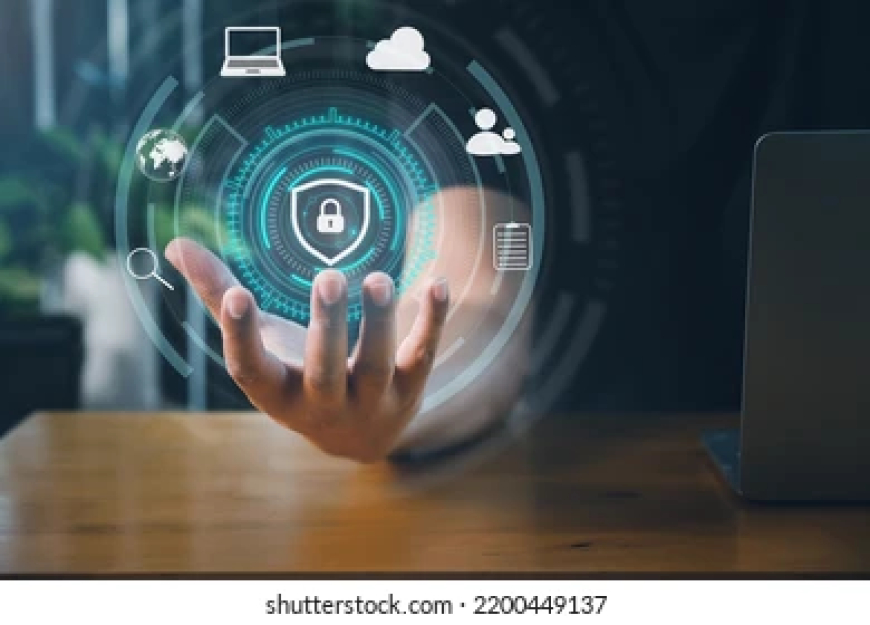The Global Spy Game: What the Pegasus Scandal Means for Your Privacy
Explore the global implications of the Pegasus spyware scandal and its impact on privacy. Learn how this sophisticated tool targets journalists, activists, and politicians, and what it means for the average citizen's privacy.

Imagine this: You’re sipping your morning chai, scrolling through your phone, blissfully unaware that your device might be moonlighting as a spy. Welcome to the world of Pegasus, the spyware scandal that has turned our smartphones into potential double agents.
The Pegasus Playbook
Pegasus, developed by the Israeli cyber intelligence company NSO Group, is no ordinary spyware. It’s the James Bond of digital espionage, capable of infiltrating smartphones without the user’s knowledge. Once inside, it can access messages, photos, emails, and even activate the camera and microphone. This sophisticated tool has been used to target journalists, activists, and politicians worldwide, raising serious concerns about privacy and surveillance.
A Global Scandal
The Pegasus scandal erupted when a collaborative investigation by Amnesty International and Forbidden Stories revealed that the spyware had been used to target over 50,000 phone numbers. These included heads of state, business executives, and human rights defenders. The scandal highlighted how surveillance technology, once the domain of state actors, is now available to anyone with deep enough pockets.
The Kenyan Connection
In Kenya, where freedom of the press and human rights are often under threat, the implications of Pegasus are particularly chilling. Journalists and activists here already face significant risks, and the addition of such a powerful surveillance tool only exacerbates these dangers. Imagine trying to expose corruption or human rights abuses, knowing that your every move could be monitored.

The Average Citizen’s Dilemma
But what does this mean for the average citizen? You might think, “I’m not a journalist or an activist, so why should I care?” Well, the reality is that Pegasus doesn’t discriminate. Your personal data, conversations, and even your location can be accessed without your consent. This level of intrusion is a stark reminder that privacy is a fundamental right that must be protected.
The Cultural Divide
Different cultures and governments approach privacy and surveillance in varied ways. In more authoritarian regimes, surveillance is often justified as a means of maintaining national security. However, this can lead to the suppression of dissent and the erosion of civil liberties. In contrast, democratic societies typically have stronger legal frameworks to protect privacy, though they are not immune to abuses of power.
The Way Forward
So, what can be done to protect our privacy in this age of digital espionage? For starters, there needs to be greater transparency and accountability in the use of surveillance technology. Governments must implement robust legal safeguards to prevent abuse and ensure that citizens’ rights are protected. Additionally, individuals should be educated about digital security practices to safeguard their personal information.
Conclusion
The Pegasus scandal serves as a wake-up call for all of us. It underscores the need for vigilance and proactive measures to protect our privacy. As we navigate this digital age, we must remember that our smartphones, while incredibly useful, can also be tools of surveillance. So, the next time you pick up your phone, take a moment to consider who might be listening.
In the end, the global spy game is not just about governments and hackers; it’s about each one of us taking steps to safeguard our privacy. After all, in this interconnected world, privacy is not just a luxury—it’s a necessity.
What's Your Reaction?













































































































